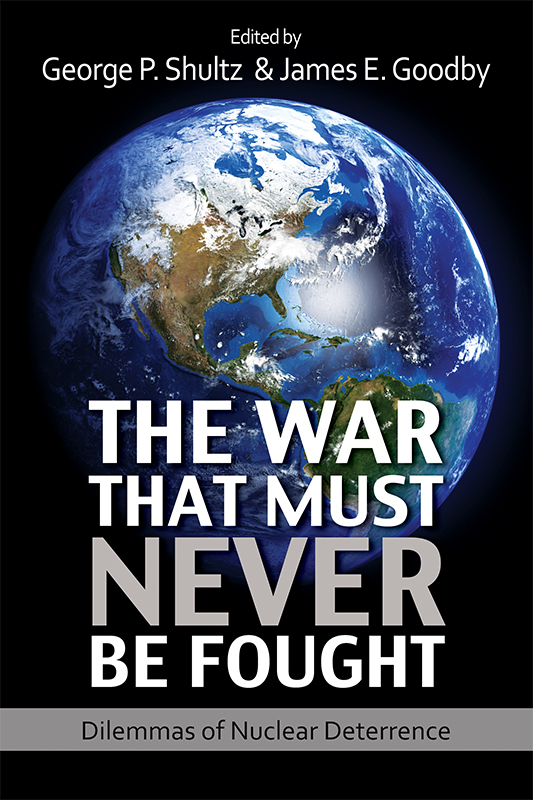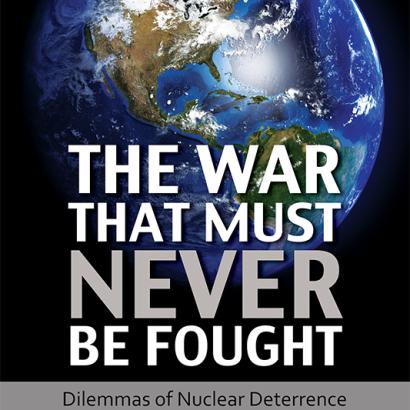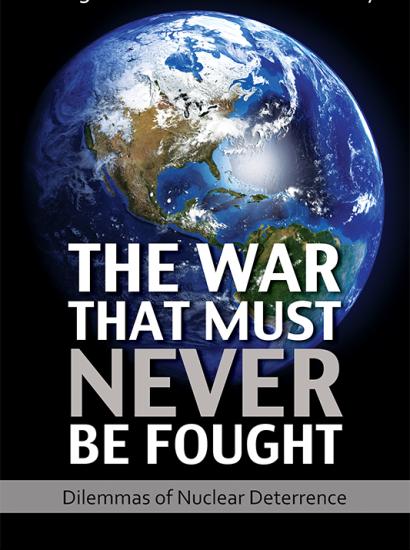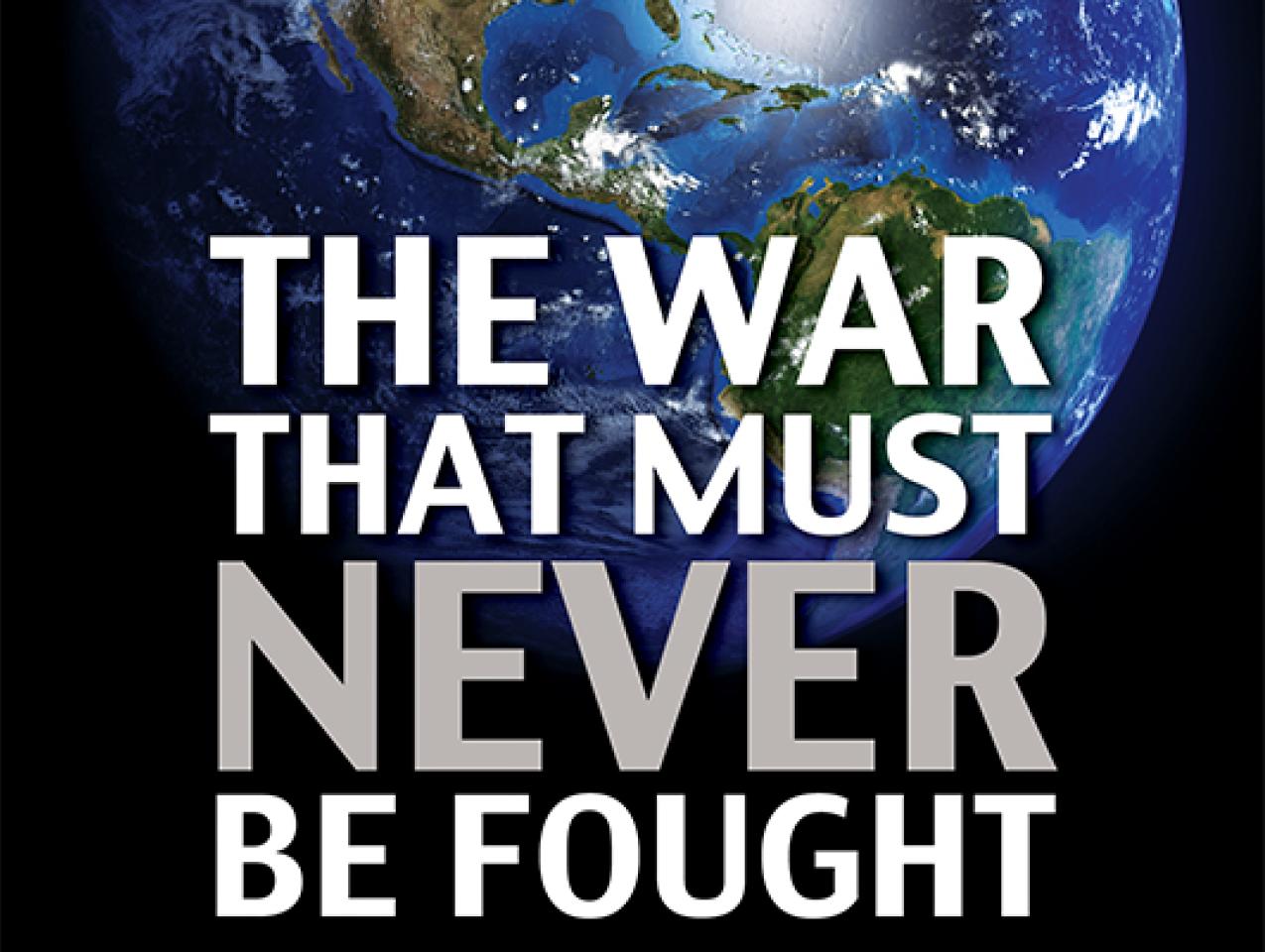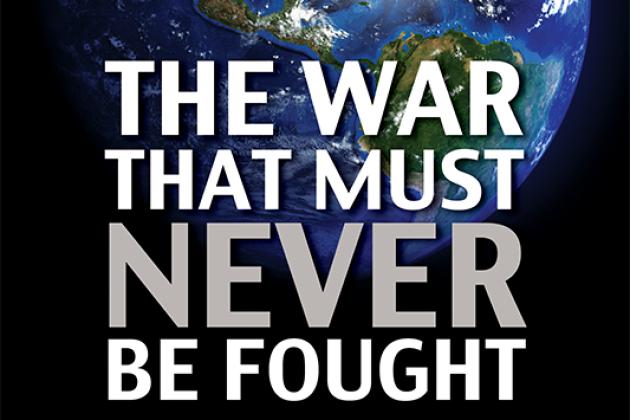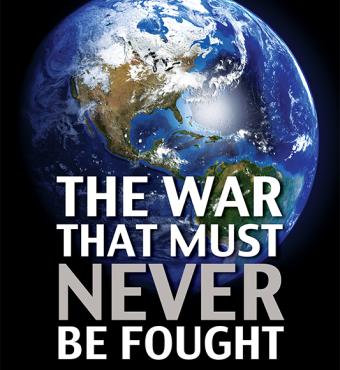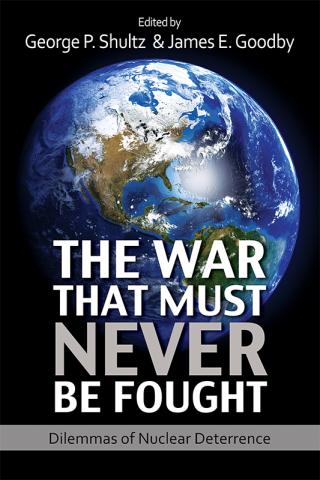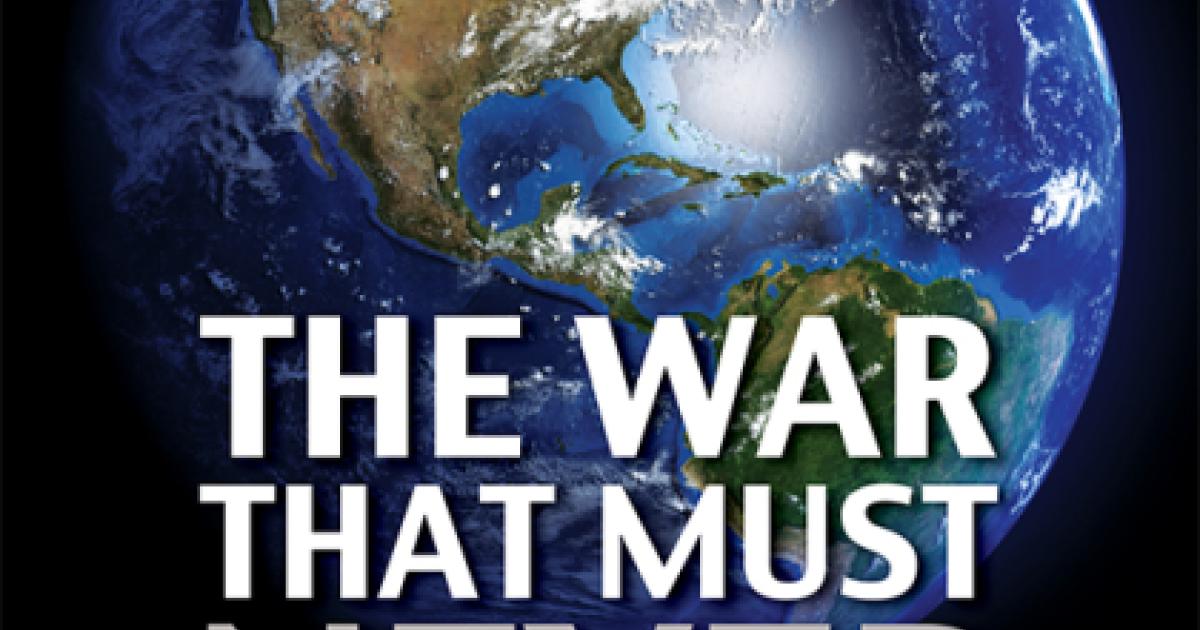- Security & Defense
- US Defense
- International Affairs
- Politics, Institutions, and Public Opinion
The first three chapters of this book ask whether the conventional wisdom regarding deterrence based on the threat of a nuclear attack remains valid in present geopolitical circumstances, especially from an American point of view. The authors build a case for challenging the status quo. Chapter 1 asks for evidence that deterrence theories developed during the Cold War still have utility. It questions the value that nuclear weapons may bring beyond many other forms of deterrence. Using American experience as evidence, Chapter 2 emphasizes the fundamental importance of the political context in determining the purposes of a nuclear arsenal. A prime example is the challenge to the status quo mounted by President Reagan and General Secretary Gorbachev in the 1980s, which led to the end of the Cold War and to a sharp decline in the global holdings of nuclear weapons. Chapter 3 examines the large role that luck has played in averting deadly nuclear accidents and concludes that a strong case can be made --particularly for the United States--for a world without nuclear weapons.
The War That Must Never Be Fought: Dilemmas in Nuclear Deterrence - Part One, Edited by George P. Shultz an... by Hoover Institution






